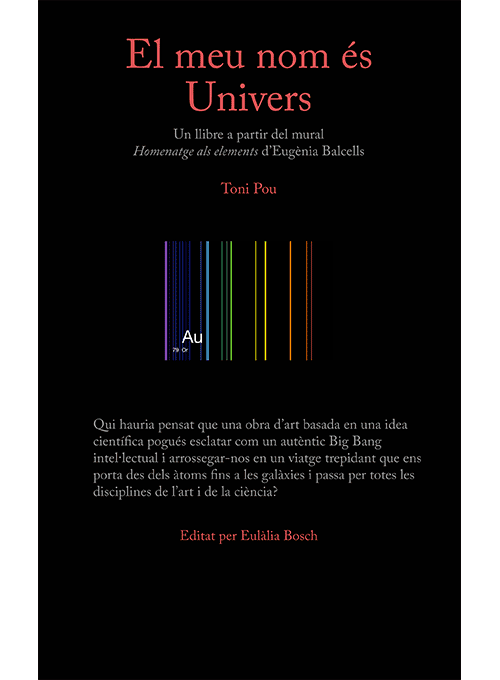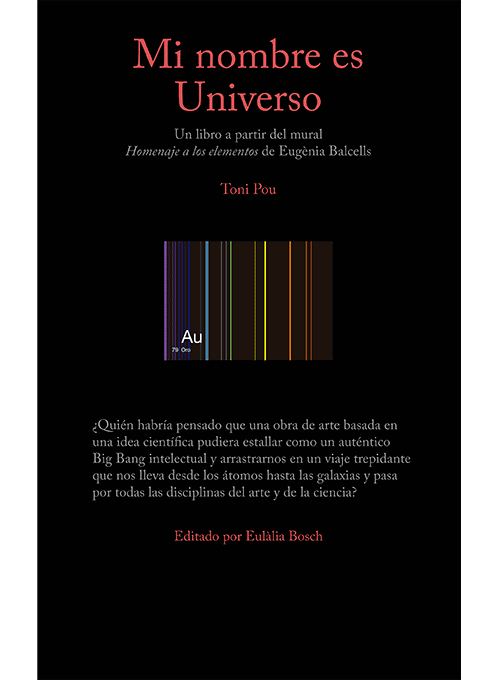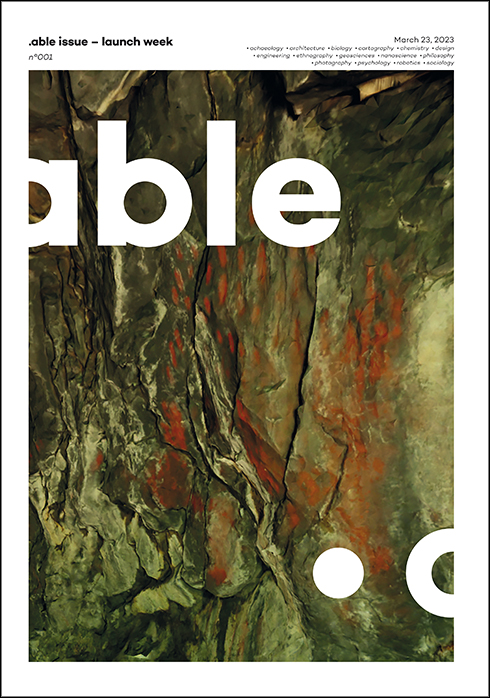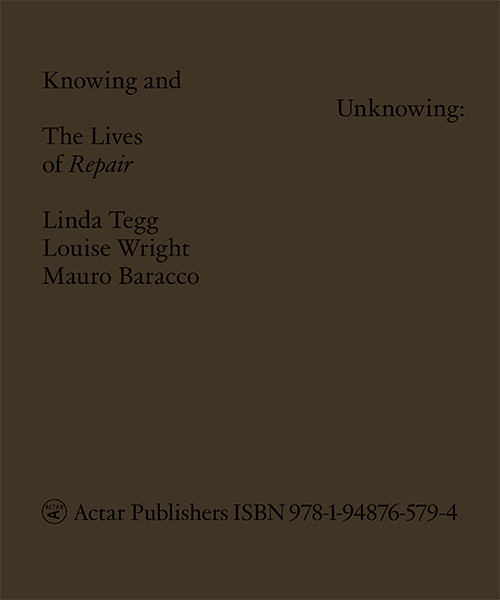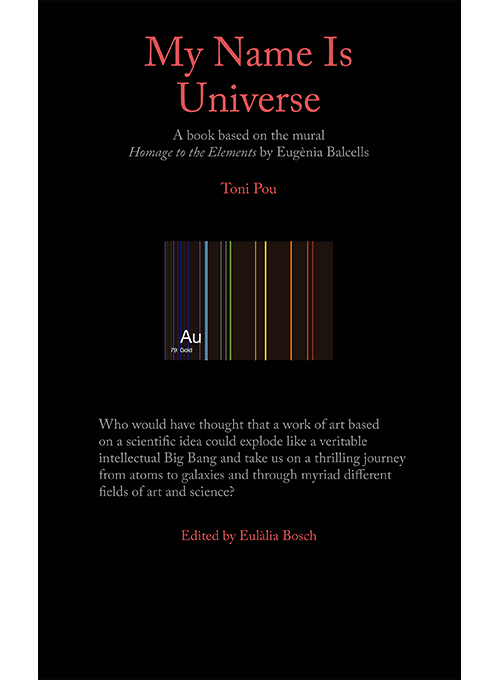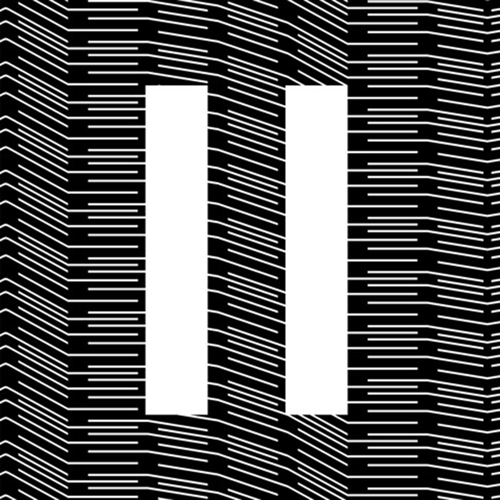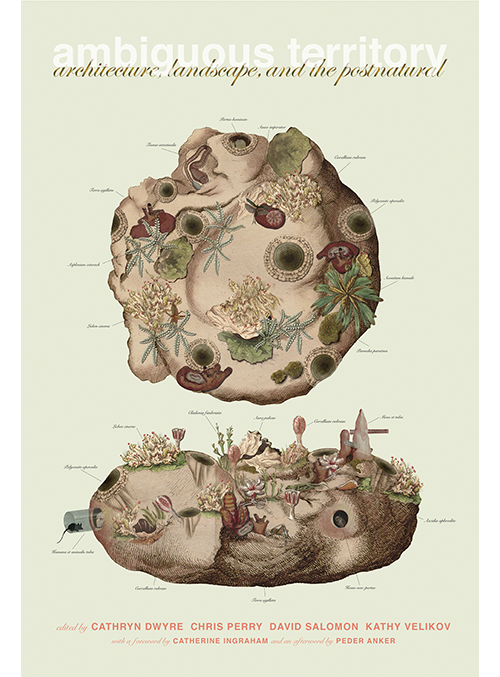

Ambiguous Territory
Architecture, Landscape and the Postnatural
Cathryn Dwyre, Chris Perry, David Salomon, Kathy Velikov (eds.)
The writers and designers in this collection are among the most thoughtful architects, artists, landscape architects, and theorists working today. The editors organized these essays and works of art and design around three territories: the atmospheric, the biologic, and the geologic. Each cluster of essays is further framed by forewords and afterwords, which draw individual points of view into a larger articulation of what an ambiguous territory might be and how it operates. Ambiguous Territory emerged from a symposium and exhibition held at the University of Michigan in the fall of 2017, and exhibitions at the University of Virginia and Pratt Manhattan Gallery in 2018, and at Ithaca College in 2019. The conversations that arise in this book are inquisitive and critically engaged. They pressure assumptions we routinely make about what constitutes meaningful and principled perspectives in architecture,
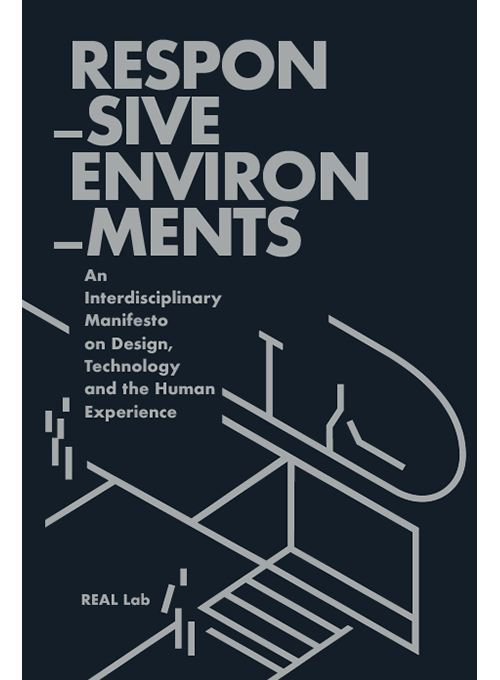
Responsive Environments
An Interdisciplinary Manifesto on Design, Technology and the Human Experience
Allen Sayegh, Stefano Andreani, Matteo Kalchschmidt
What makes an environment "responsive"? This book provides some key concepts in the form of a design manifesto. Critically articulated from the perspective of leading experts, scholars and professionals, the ideas explored are unpacked through speculative urban visions and design projects at different timeframes, contexts and scales ranging from interactive artifacts to augmented cities. Drawing from a multiyear research at the REAL Lab at Harvard GSD and design work by INVIVIA and other innovative practices, the book unfolds the experiential facets of our technologically-mediated relationship with space in the fields of architecture and urbanism, design and art.
With the collaboration of
the Harvard REAL Lab.
EBOOK VERSION
35,00€
Buy Ebook 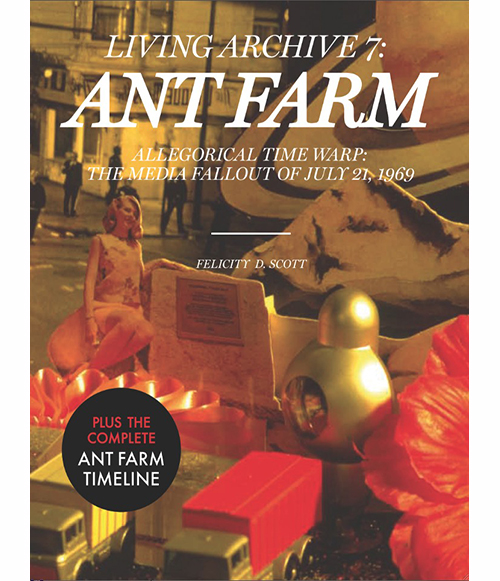
Ant Farm
LIVING ARCHIVE 7
Felicity D Scott
Felicity D. Scott revisits the architectural, art, video, and intermedia practices of the experimental collective Ant Farm, self-described ¨super-radical activist environmentalists.¨ Drawing together archival material on their extended fields of practice, Ant Farm features the first full-color publication of the complete Ant Farm Timeline, as well as Allegorical Time Warp: The Media Fallout (1969) and an archival dossier on Ant Farm's Truckstop Network (1970-1972). The Ant Farm architects produced experimental works on the "fringe of architecture" (1968-1978) and were influential video artists. Felicity D. Scott is Assistant Professor of Architecture at Columbia University and a founding editor of Grey Room.
EBOOK EDITION
39,00€
Buy Ebook 

